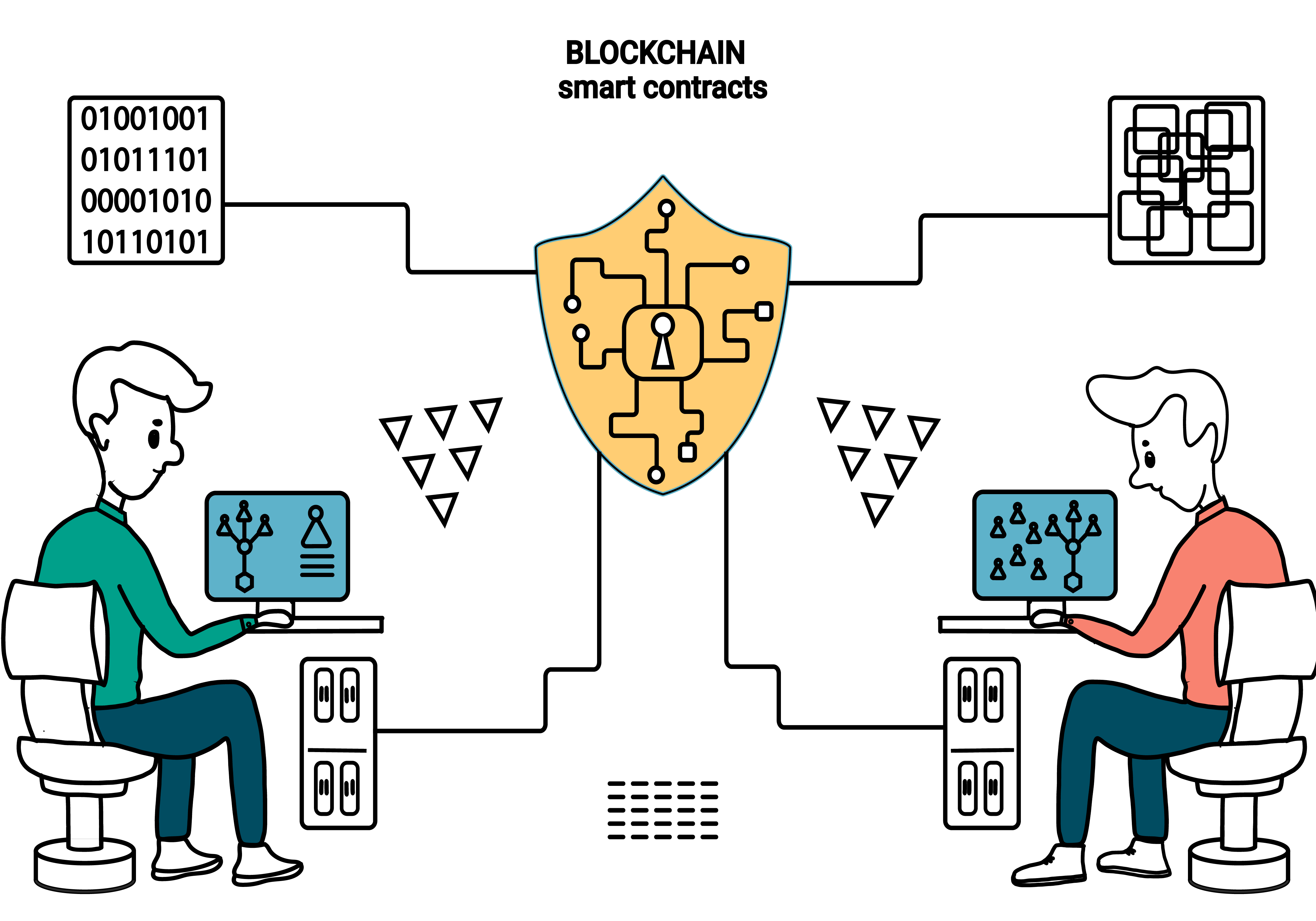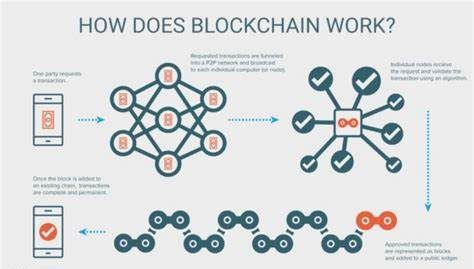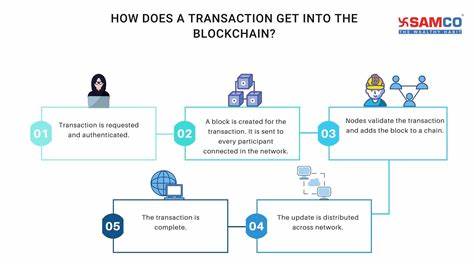
The Role of Blockchain in Secure Building Transactions
Introduction
Blockchain technology has emerged as a revolutionary solution with the potential to transform various industries, including real estate. This article provides an overview of the role of blockchain in secure building transactions and highlights its relevance and importance in the current landscape.
Historical Background
To understand the significance of blockchain in secure building transactions, it is essential to grasp the evolution of this technology in the real estate industry. Blockchain, initially introduced as the underlying technology for cryptocurrencies, has now found its way into various sectors, including real estate. This section explores the historical background of blockchain and its adoption in the real estate industry. It also delves into the challenges prevalent in secure building transactions before the advent of blockchain.
Key Concepts and Definitions
In this section, we delve deeper into the concepts and definitions related to blockchain technology and its characteristics. Understanding blockchain is crucial to comprehending its role in secure building transactions. Furthermore, we explore the significance of smart contracts in facilitating secure building transactions. Lastly, we examine the key terms associated with blockchain in real estate transactions, ensuring a comprehensive understanding of the topic.

Main Discussion Points
Point: Transparency and immutability in building transactions
One of the main advantages of utilizing blockchain in secure building transactions is the transparency it offers. Blockchain enhances transparency by creating a decentralized and immutable ledger of all transactions. This ensures that all parties involved have access to the same information, reducing potential disputes and enhancing trust.
Immutability is another essential characteristic of blockchain technology. Once a transaction is recorded on the blockchain, it becomes practically impossible to alter or tamper with the information. This feature ensures the integrity of the transaction and provides an additional layer of security.
Point: Enhanced security and fraud prevention in building transactions
Fraud risks have been a significant concern in the real estate industry, particularly in secure building transactions. However, blockchain technology provides enhanced security measures to mitigate such risks. The decentralized nature of blockchain eliminates the need for a central authority, making it challenging for fraudsters to manipulate data.
Digital signatures and identity verification mechanisms are also utilized in blockchain-based building transactions. These measures ensure that all parties involved are authenticated and that transactions can be traced back to their rightful participants. This significantly reduces the likelihood of fraudulent activities.
Point: Efficiency and cost savings in building transactions
Blockchain technology streamlines processes in secure building transactions, leading to increased efficiency and cost savings. By automating various processes, such as property verification and document authentication, blockchain reduces the need for manual intervention and paperwork. This saves time and resources for all parties involved.
Furthermore, blockchain eliminates the need for intermediaries, such as brokers and lawyers, in building transactions. This reduction in intermediaries not only results in cost savings but also expedites the transaction process. By removing unnecessary middlemen, blockchain technology streamlines the entire process, making it faster and more efficient.

Case Studies or Examples
Example: Implementation of blockchain in property registration systems
The implementation of blockchain in property registration systems has yielded numerous benefits and outcomes. For instance, it has significantly reduced the time required for property transfers and registration. Additionally, blockchain ensures the authenticity and accuracy of property records, reducing the chances of fraudulent activities. However, challenges were faced during the implementation, such as resistance from traditional systems, which required careful planning and execution.
Example: Tokenization of real estate assets through blockchain
Tokenization of real estate assets using blockchain technology has gained momentum in recent years. In a successful tokenization project, a real estate property is divided into digital tokens, enabling fractional ownership. This enhances the liquidity and accessibility of real estate investments, as investors can purchase tokens representing a fraction of a property. Tokenization has the potential to revolutionize the real estate investment landscape by making it more inclusive and efficient.
Current Trends or Developments
The real estate industry is gradually adopting blockchain technology. Players in the industry are recognizing the potential benefits and exploring ways to leverage blockchain in secure building transactions. Additionally, the integration of the Internet of Things (IoT) with blockchain is a noteworthy trend. This integration enhances the efficiency and security of building transactions by utilizing IoT devices to gather and verify data.
Moreover, research findings consistently highlight the benefits of blockchain in the real estate sector. These studies emphasize the transparency, security, and efficiency that blockchain brings to secure building transactions. As more research is conducted, the understanding and adoption of blockchain in the real estate industry continue to grow.
Challenges or Controversies
While blockchain offers numerous advantages, it is not without challenges and controversies. Privacy concerns and data protection are prominent issues in blockchain-based transactions. The transparency of blockchain can potentially expose sensitive information, requiring careful consideration and implementation of privacy measures.
Legal and regulatory challenges also exist in implementing blockchain in building transactions. The legal framework surrounding blockchain technology is still developing, and regulations must be established to ensure compliance and protect the rights of all parties involved.

Furthermore, differing viewpoints exist regarding the scalability of blockchain technology in real estate. Some argue that blockchain’s current infrastructure may not handle the vast volume of transactions in the real estate industry. However, ongoing technological advancements and innovative solutions are continually addressing these scalability concerns.
Future Outlook
The future applications of blockchain in the building industry are vast. For instance, blockchain can potentially revolutionize property management by automating rent collection, maintenance requests, and lease agreements. Integration of artificial intelligence with blockchain can further enhance the security and efficiency of secure building transactions.
Additionally, emerging trends and developments, such as decentralized finance (DeFi) and non-fungible tokens (NFTs), are likely to have a profound impact on the real estate industry. These advancements have the potential to introduce new investment opportunities and reshape traditional building transactions.
Conclusion
In conclusion, blockchain technology has become a game-changer in the real estate industry, particularly in secure building transactions. Its transparency, enhanced security, efficiency, and cost-saving features provide numerous benefits to all parties involved. As the industry continues to adopt and explore blockchain technology, it is poised to undergo significant transformation and revolutionize secure building transactions.




